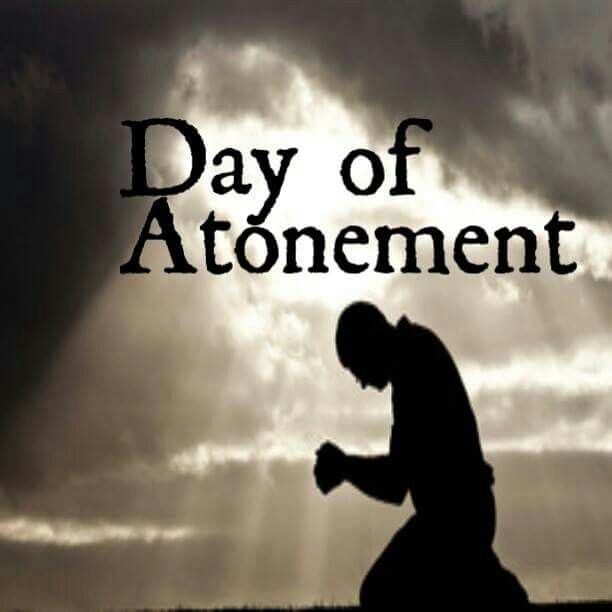
-
By:
- David Kedode
- No comment
- Tags: Atonement, Bantu, Bantu Calendar, REpent, Repentance
“A Call to Repentance: Preparing for Atonement and Restoring Blessings”
As the Day of Atonement approaches, it serves as a poignant reminder for the Bantu people to embark on a journey of repentance, seeking forgiveness for sins that have separated them from the Most High. Drawing inspiration from the repentance of King David, whose humility and contrition are vividly portrayed in Psalms 51, it becomes evident that acknowledging wrongdoing and turning towards the Most High is a crucial step in the path to redemption.
In the reflection on the transgressions of idolatry and forsaking divine laws, a solemn call echoes through the teachings of Deuteronomy 28. The scripture unveils a promise of blessings for those who wholeheartedly obey the Lord’s commands. However, the Bantu people, in their departure from these commandments, experienced the weight of consequences—slavery, loss of land, and a departure from the elevated position promised by the Most High.
The remedy lies in repentance, a heartfelt turning away from sinful paths and a return to the divine guidance encapsulated in SONINI NA NINI‘s teachings. The sincerity of repentance is emphasized in Joel 2:13, urging not just the outer display of remorse but a genuine transformation of the heart. The Most High, being gracious and merciful, awaits with open arms for those who choose to rend their hearts and return to His ways.
Hebrews 9:27 echoes the reality of judgment after death, highlighting the imperative nature of repentance as the means to escape this inevitable fate. The Most High, in His mercy, desires the repentance of His people rather than their demise. The call to repentance is not a mere ritual but a lifeline extended by a compassionate Creator.
As the Bantu prepares for the Day of Atonement, it is an opportune moment to reflect on the consequences of unrepentant actions. The blessings promised in Deuteronomy 28 remain within reach, awaiting the return of the people to the righteous path. Repentance is not merely a religious obligation; it is a pathway to restoration, a chance to reclaim the blessings that were once forfeited.
In conclusion, the significance of repentance resonates through the scriptures, echoing the timeless truth that a contrite heart finds favor in the eyes of the Most High. As the Bantu people stand on the threshold of the Day of Atonement, let it be a collective journey of introspection, repentance, and a fervent desire to once again walk in alignment with SONINI NA NINI‘s teachings. May this period of preparation pave the way for a renewed connection with the divine, ushering in a season of blessings, forgiveness, and divine favor.
